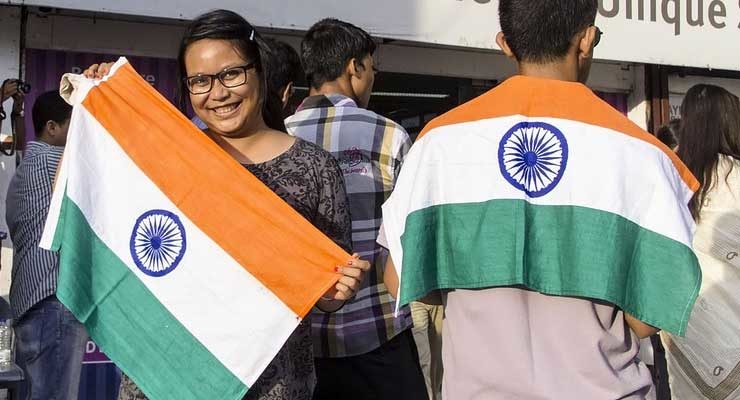
It is hard to get a grasp on the slow creep forward of the utilization of any new voting technology, especially when technologies are new and when they are unusual. The use of the digital “distributed, decentralized, public ledger” known as blockchain technology has been spreading in many industries. Slowly, experiment by experiment, there have been attempts at testing how blockchain’s unique characteristics can be taken advantage of in the administration of elections. Limited, local initiatives have shown that blockchain may have a real role to play.
There was an interesting new post on the subject of blockchain voting at India’s the Wire magazine. Take a look at this excerpt:
Mock trials for remote voting facility for electors would begin soon, Chief Election Commissioner Sunil Arora has said.
In his message to mark the 11th National Voters’ Day, he said a research project on remote voting using cutting-edge technology has already begun.
“There has been a good progress in this regard and mock trials would begin soon,” Arora said on Sunday, adding the poll panel’s proposal to extend postal ballot facility for overseas Indian voters was under active consideration of the Law Ministry.
The Election Commission has collaborated with IIT-Madras to work on a new technology which will allow electors to vote from faraway cities without going to designated polling station of their constituencies.
See the full article here. One interesting new look at the changes underway comes from Phil Goldstein at StateTech Magazine who recently published an article about how blockchain technology is working its way into America, finding a role in several different aspects of election administration and beyond. From the article:
Blockchain technology, in and of itself, cannot replace legacy systems for databases, record keeping or transaction management, but it can enhance such systems, experts say. Blockchain voting is also getting more attention, though cybersecurity experts are skeptical about it and it has not been tried in the United States on a large scale yet.
Most state government officials are still in a wait-and-see mode about the technology, though blockchain use cases continue to proliferate. According to a 2017 National Association of State CIOs report, 63 percent of those surveyed were still investigating blockchain in state government with informal discussions, 26 percent said there were no discussions of blockchain at that time and 5 percent had adopted blockchain technology in support of some state government services.
Also see our section on World Democracy or our articles on Worldwide Corruption.
Leave a Reply